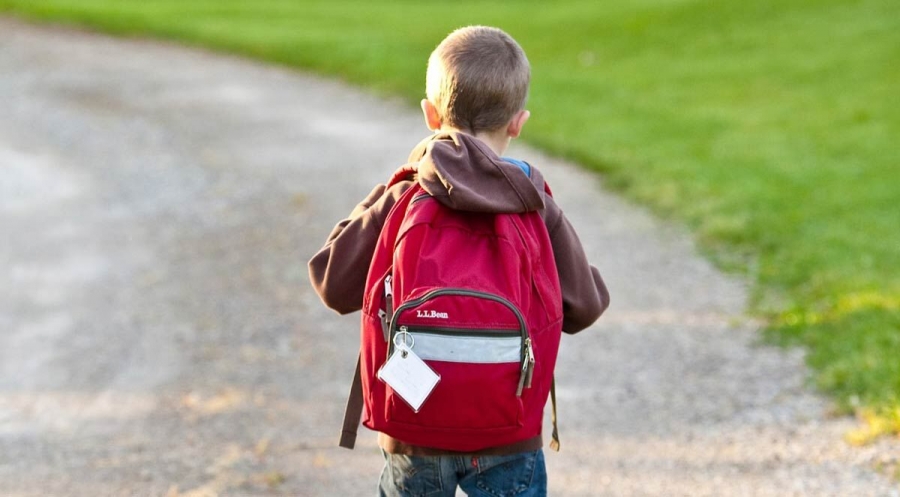Look for the Signs of Academic Overload
The signs your child is struggling with more assignments and work than they feel like they can accomplish may manifest in a variety of ways, including:
- Nothing gets done: If your child is working for hours on assignments but seem to accomplish little, it is likely a sign they are so overwhelmed they are having trouble focusing. Fear of not getting their work done makes it more difficult for them to focus on the task at hand.
- Poor diet: Stress from academic overload, and a perceived lack of time, may lead to poor eating habits. This may be accompanied by atypical weight-loss or weight gain.
- Irritability: Similarly, to the way stress at work can impact your attitude at home, if your child is becoming more irritable, do not just dismiss their attitude as teenage or pre-teen rebellion. Irritability may be a result of poorly processed stress.
- Poor sleeping habits: If your child is visibly fatigued or struggling with nightmares, insomnia, or other sleep disorders, it could be influenced by academic overload.
- Bad grades: Academic overload can impact your child’s ability to perform in the classroom. From time management to stress, if your student is stressed with the amount of work they need to do, it can negatively impact their grades and ultimately future.
Develop Strategies to Reduce Academic Overload
As a parent, you have an opportunity to vastly improve your child’s academic overload even while they have the same amount of schoolwork. Here are some tips:
- Time-Management: How does your child manage their time? Get involved and develop a plan that may include giving up activities for the greater good. There is often a lot of pressure to participate in activities in order to bolster their college applications. Jobs, sports, and clubs will be taking up the valuable hours that your child needs to work on their assignments. Help your child plan their days and weeks to maximize study and homework time.
- Schedule Fun Times: Help your child build time into their days and week for the things that they enjoy and to which they look forward. This can help reduce stress even while they are studying.
- Athletics: Involvement in soccer, basketball, and other sports may contribute to academic overload. There are only so many hours in the day. Ask yourself and your child if their participation in sports is something they enjoy, and an activity glorifies God or is it something that is causing unnecessary stress. Can you reduce the number of sports in which they participate? However, if sports serve as a stress-reliever, look to save time in other areas of life.
- Extracurricular Activities: In addition to sports, students may be pushed into clubs and other extracurricular activities primarily to set them apart for college admission. If your child is stressed, reducing the number of clubs in which they participate could free up valuable time. Consider helping find volunteer opportunities in which they can make a noticeable and measurable impact on their community once they have found a better scheduling balance.
- Home Life: If your child’s home life is contributing to stress, consider having hard conversations within your family and seeking advice from pastors and counselors on how to be peacemakers at home.
- Ask for Help: Speak to your school administrators and faculty to help work through academic overload. At Haywood Christian Academy, our mission is to train future Christian leaders. In order to accomplish this goal, we will help any way we can.
We are here to help with every aspect of your child’s academic experience and spiritual growth. If you would like to know more about transitioning your students to the supportive family at Haywood Christian Academy, contact us.

